Humans
Sign up for our newsletter
We summarize the week's scientific breakthroughs every Thursday.
-
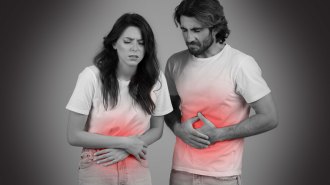 Neuroscience
NeurosciencePain may take different pathways in men and women
Sex differences in the function of nerve cells in mice, monkeys and humans suggest a new way to treat pain conditions.
By Claire Yuan -
 Science & Society
Science & Society‘After 1177 B.C.’ describes how societies fared when the Bronze Age ended
Archaeologist Eric H. Cline’s new book reconstructs ancient examples of societal resilience and fragility that have modern-day relevance.
By Bruce Bower -
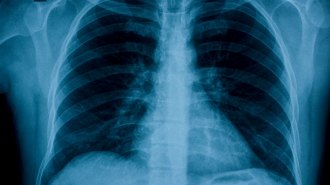 Health & Medicine
Health & MedicineAI could take medical imaging to the next level
Artificial intelligence in medical imaging is taking off. Experts share what they see as the promise — and potential pitfalls — of AI technology.
By Meghan Rosen -
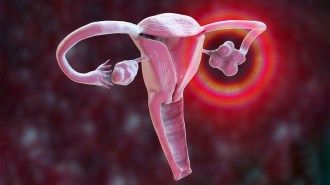 Health & Medicine
Health & MedicineA malaria drug could be used to treat PCOS, a common hormone disorder
Artemisinin is known to be effective against malaria, lupus, cancer and now possibly polycystic ovarian syndrome.
-
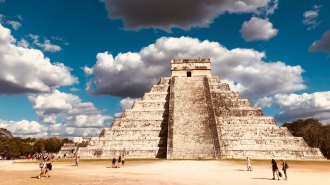 Anthropology
AnthropologyChild sacrifices at famed Maya site were all boys, many closely related
DNA analysis shows victims in one underground chamber at Chichén Itzá included twins, perhaps representing mythological figures.
By Bruce Bower -
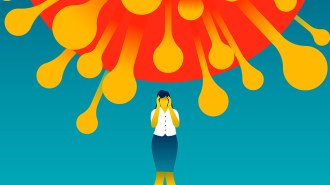 Health & Medicine
Health & MedicineLong COVID finally gets a universal definition
If broadly adopted, this inclusive description of long COVID will help legitimize the ongoing struggles millions of people are facing post-infection.
-
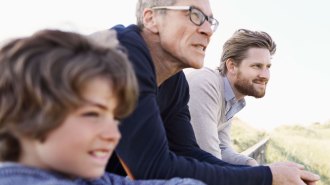 Health & Medicine
Health & MedicineGen X has higher cancer rates than their baby boomer parents
An unexplained uptick in cancer diagnoses among Gen Xers might be bad news for millennials and Gen Z.
-
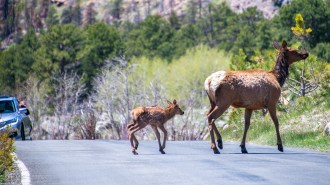 Health & Medicine
Health & MedicineCan humans get chronic wasting disease from deer?
Tests on brain organoids suggest the disease-causing prions face a tough barrier to infect people, but ruling out transmission is a difficult task.
-
 Anthropology
AnthropologyFossil finds amplify Europe’s status as a hotbed of great ape evolution
A kneecap and two teeth belonged to the smallest known great ape, a study contends. If so, it’s the first to coexist with another great ape in Europe.
By Bruce Bower -
 Health & Medicine
Health & MedicineWildfire smoke may cause tens of thousands of premature deaths
A modeling study of California wildfires from 2008 through 2018 estimates that smoke exposure was responsible for as many as 55,700 premature deaths.
-
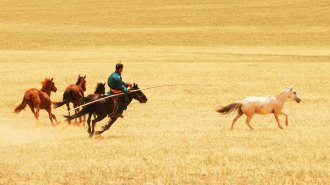 Genetics
GeneticsHorses may have been domesticated twice. Only one attempt stuck
Genetic evidence suggests that the ancestors of domestic horses were bred for mobility about 4,200 years ago.
-
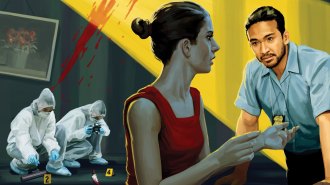 Science & Society
Science & SocietyScientists are fixing flawed forensics that can lead to wrongful convictions
People have been wrongly jailed for forensic failures. Scientists are working to improve police lineups, fingerprinting and even DNA analysis.
By Amber Dance